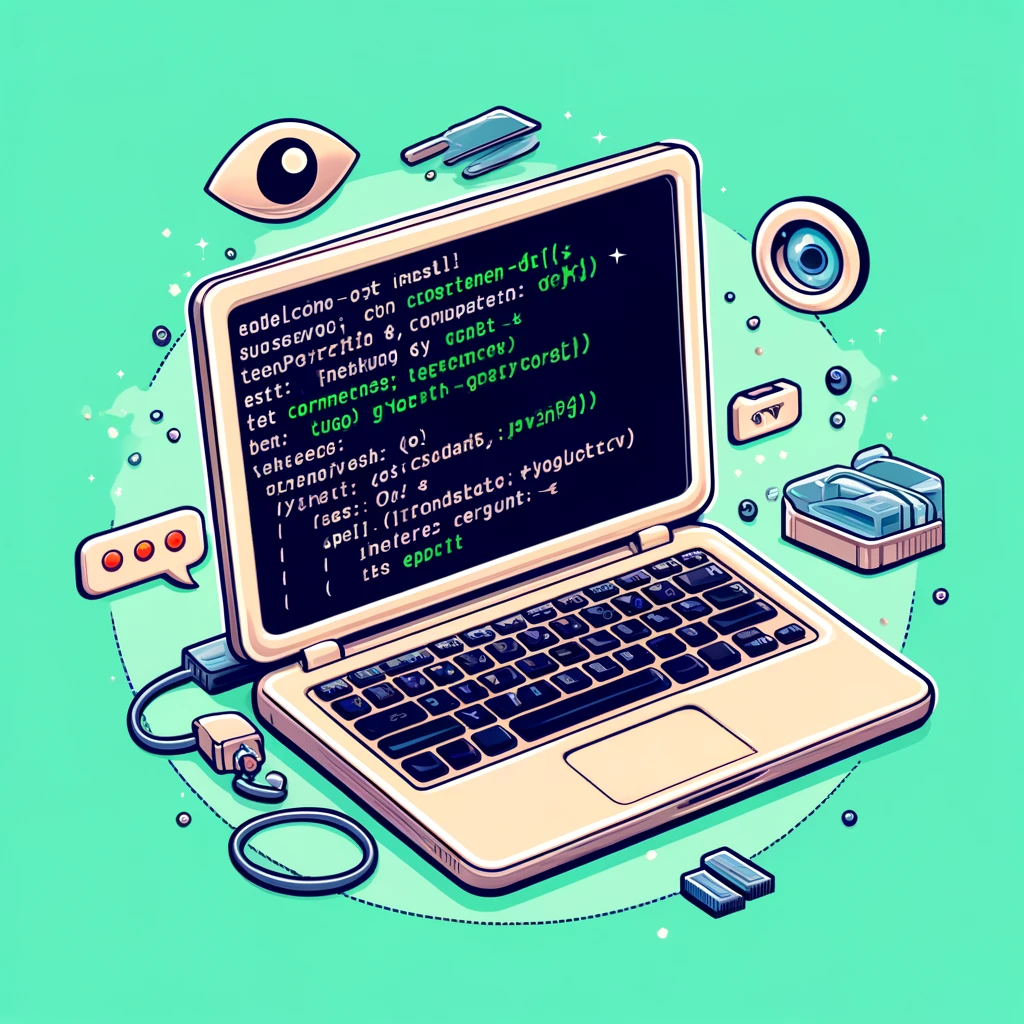How to Install libSDL Library on Ubuntu

Installing libSDL Library on Ubuntu
Introduction
In the world of software development, libraries play a crucial role in providing developers with ready-made functions and tools to enhance their applications. One such library is libSDL, which stands for Simple DirectMedia Layer. libSDL is a cross-platform development library designed to provide low-level access to audio, keyboard, mouse, and graphics hardware. It simplifies the process of creating multimedia applications such as games, emulators, and media players by abstracting the complexities of interacting with different hardware devices.
Step-by-Step Guide
Step 1: Update Package Index
Before installing libSDL, it’s a good practice to update the package index to ensure you have the latest information about available packages. Open a terminal and run the following command:
sudo apt update
Step 2: Install libSDL
To install the libSDL library on Ubuntu, use the following command:
sudo apt install libsdl2-2.0-0
Step 3: Verify Installation
Once the installation is complete, you can verify if libSDL is installed correctly by checking the version:
sdl2-config --version
If you see the version number displayed, it means libSDL has been successfully installed on your system.
Conclusion
In conclusion, the libSDL library is an essential tool for developers looking to create multimedia applications on Ubuntu. By providing a simplified interface to interact with various hardware components, libSDL streamlines the development process and enables developers to focus on the core functionality of their applications. Whether you’re a game developer, emulator creator, or multimedia enthusiast, libSDL offers a powerful set of tools to bring your ideas to life.
The Importance of Open Source Software
Open source software, like libSDL, plays a significant role in the world of technology. It promotes collaboration, transparency, and innovation by allowing developers to access, modify, and distribute the source code freely. Open source projects not only empower developers to build upon existing tools but also foster a community-driven approach to software development. By supporting open source initiatives, we contribute to a more inclusive and sustainable digital ecosystem for everyone.
By following this tutorial, you’ve taken the first step towards harnessing the power of libSDL and embracing the values of open source software. Happy coding!

